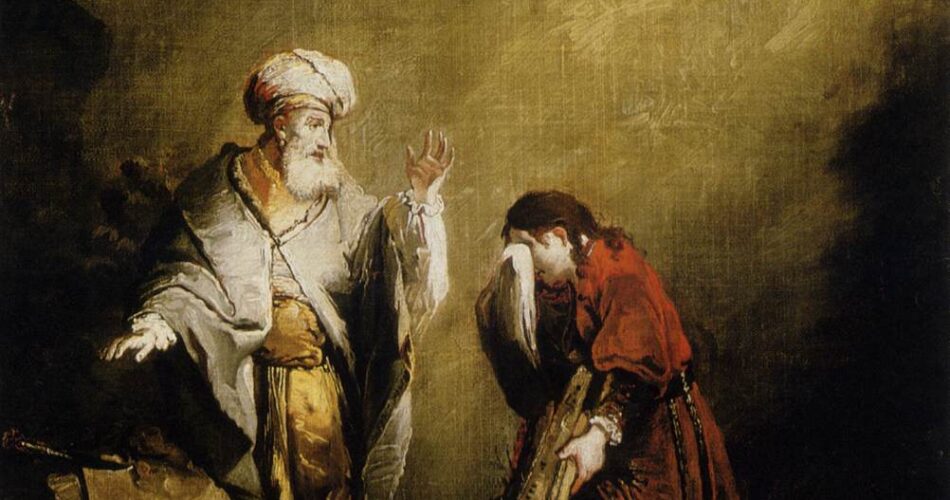Calvary Chapel Fights Back Against $1.2M Fine
Calvary Chapel San Jose and its senior pastor, Mike McClure, are appealing to the California Supreme Court to overturn a $1.2 million fine they received for holding in-person worship services during COVID-19 shelter-in-place orders. The appeal argues that the fines were unjust and raise important constitutional issues related to religious freedom, due process, and protection from excessive government penalties. The church’s legal team maintains that the fines are based on an unconstitutional temporary restraining order and therefore should not be enforced.
Santa Clara County, led by Public Health Director Dr. Sara Cody, was among the first in the U.S. to issue a shelter-in-place mandate in early 2020. This order required the closure of churches and many other establishments while allowing certain secular businesses, such as construction sites and nail salons, to remain open. Calvary Chapel contends that religious groups were unfairly singled out for restrictions, violating their rights under the Free Exercise Clause of the Constitution. The church insists it acted responsibly and did not contribute to any COVID-19 outbreaks.
The church’s legal team also points out that the penalties imposed may be excessive and violate the Eighth Amendment, which protects against disproportionate fines, especially when they punish constitutionally protected religious activities. Pastor McClure stated that their priority is obedience to God’s commands over government mandates and that the church will continue to hold worship services despite legal challenges. He emphasized that their faith and trust lie in divine judgment rather than the courts.
Additionally, investigative reporting has alleged that Santa Clara County engaged in surveillance tactics against the church’s congregation, including monitoring prayer groups and tracking attendees’ cellphone data. The county has denied these allegations, asserting that no special restrictions were placed specifically on religious institutions and that enforcement efforts were consistent with public health goals.
This case highlights ongoing tensions between public health policies and religious liberties during the pandemic. It raises broader questions about how government restrictions intersect with constitutional protections, especially when religious groups believe their fundamental practices are being targeted or unfairly restricted. The outcome of this appeal could have significant implications for religious freedom in California and beyond.
